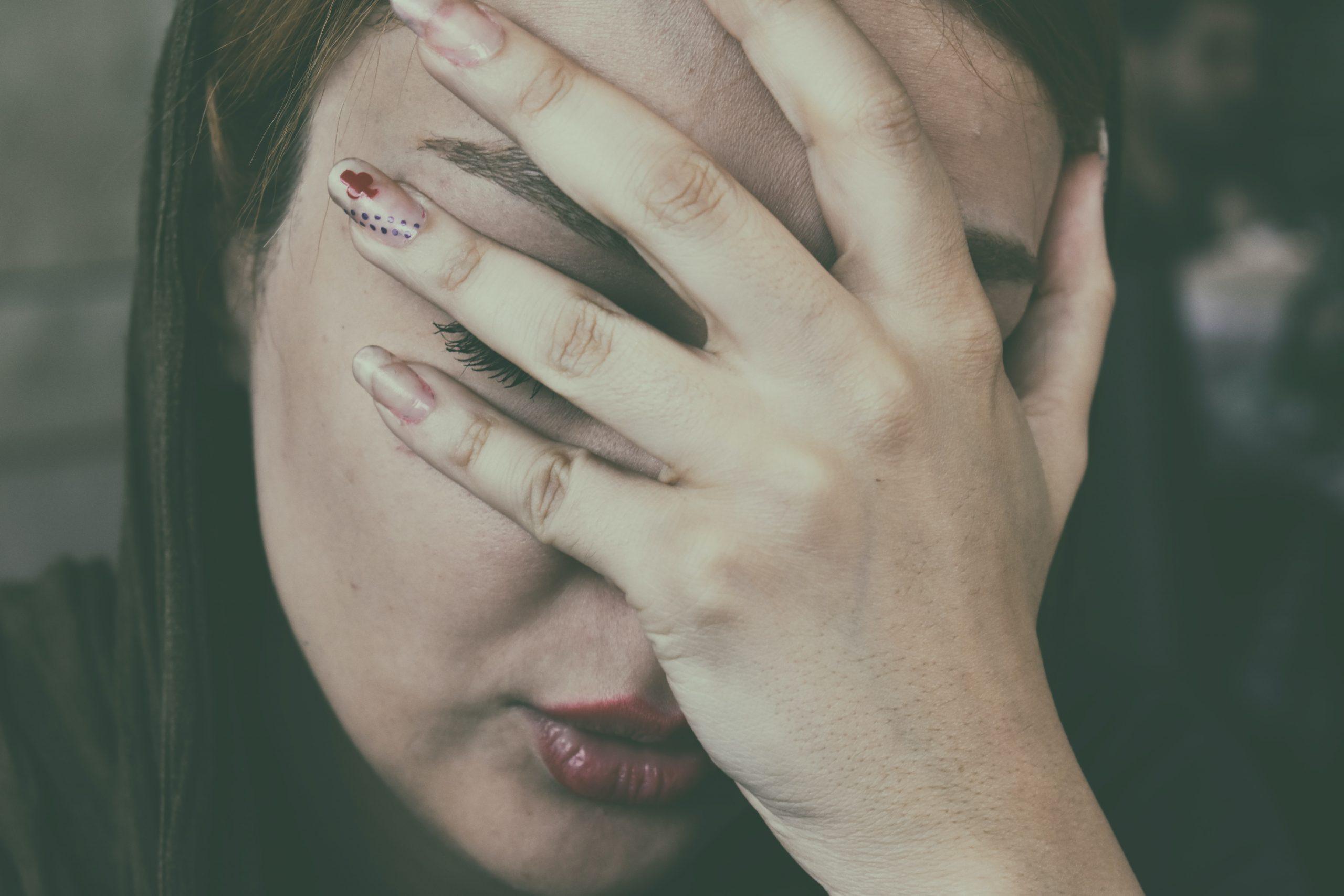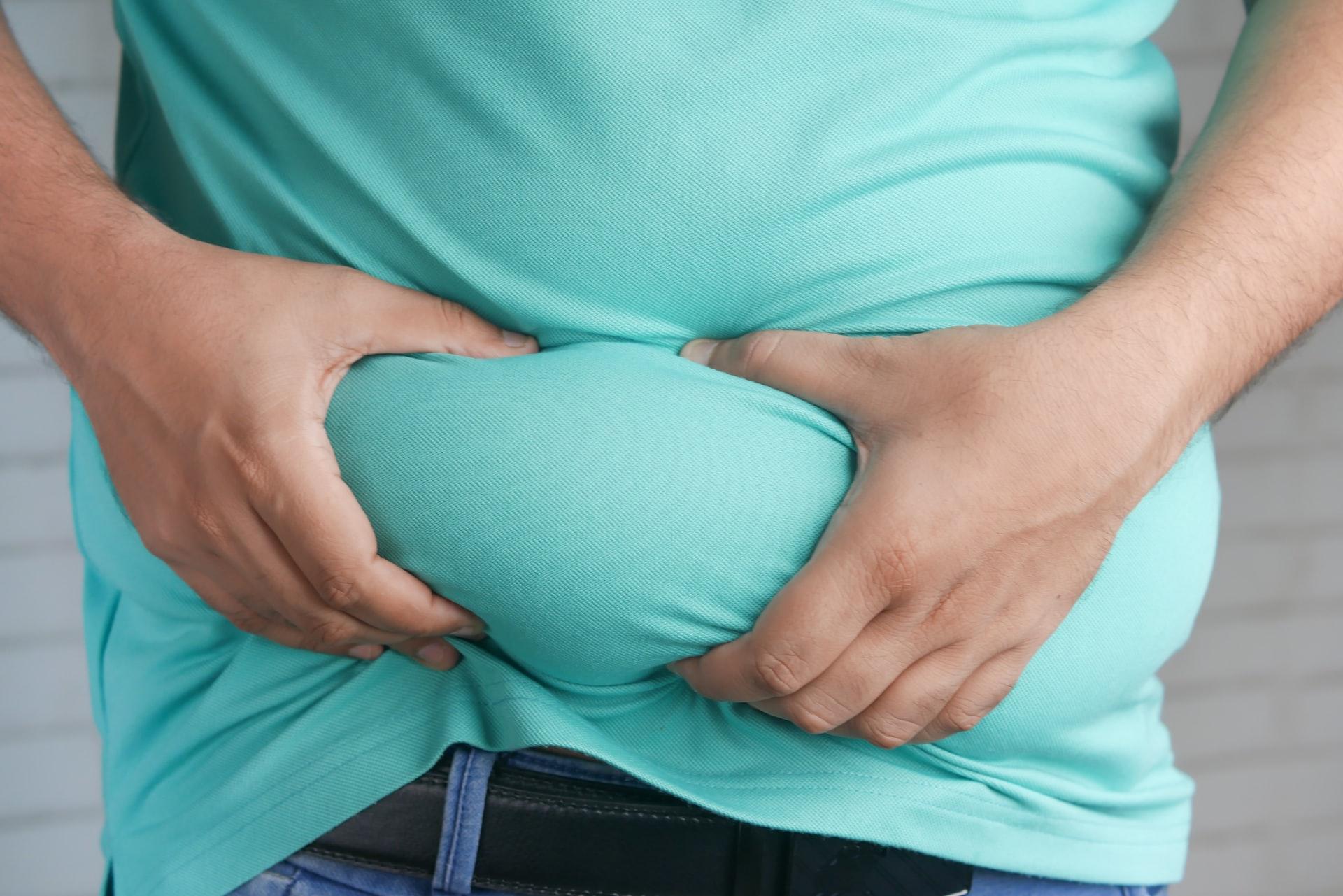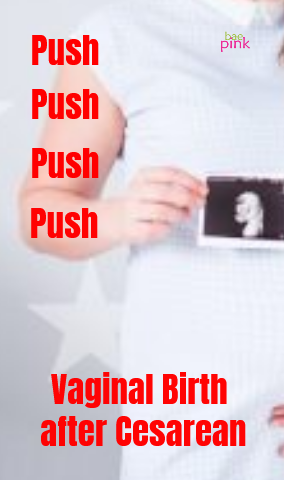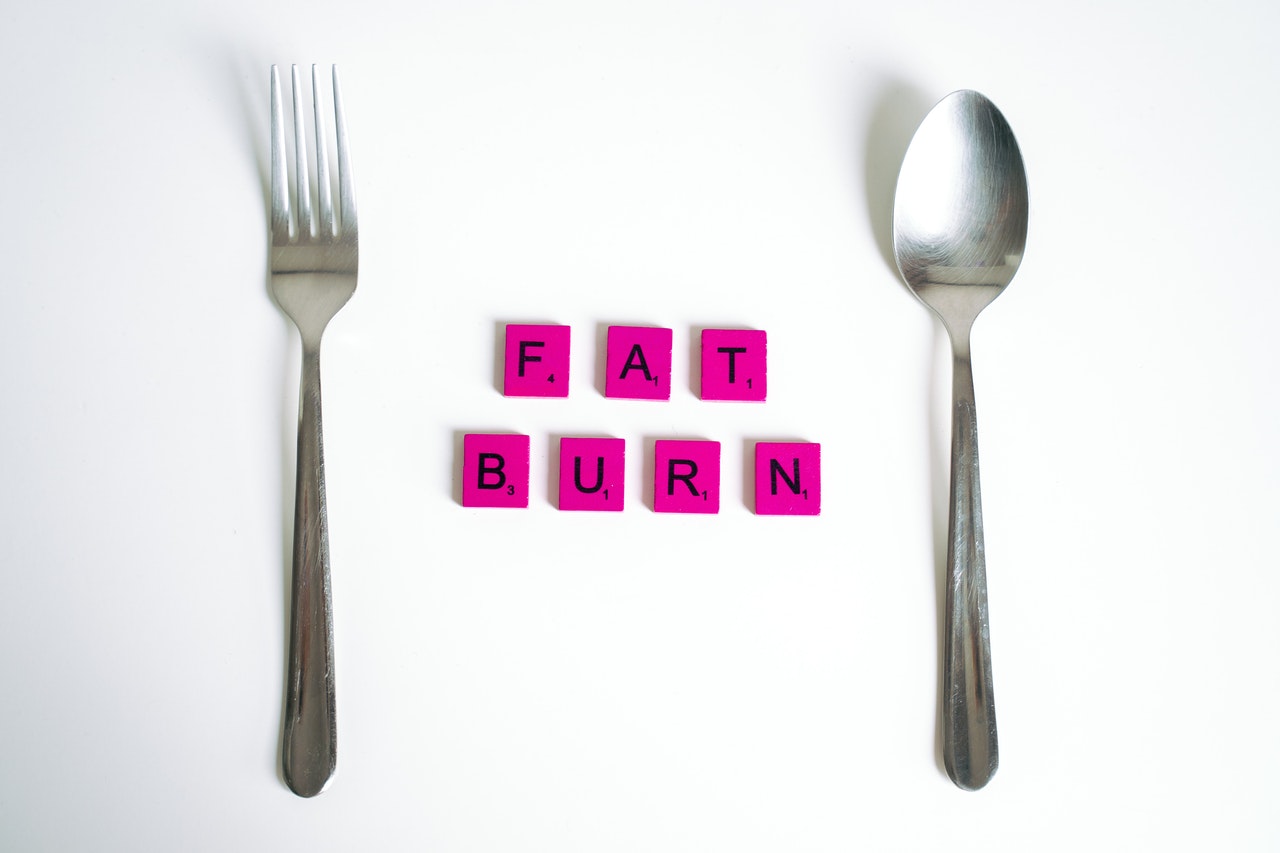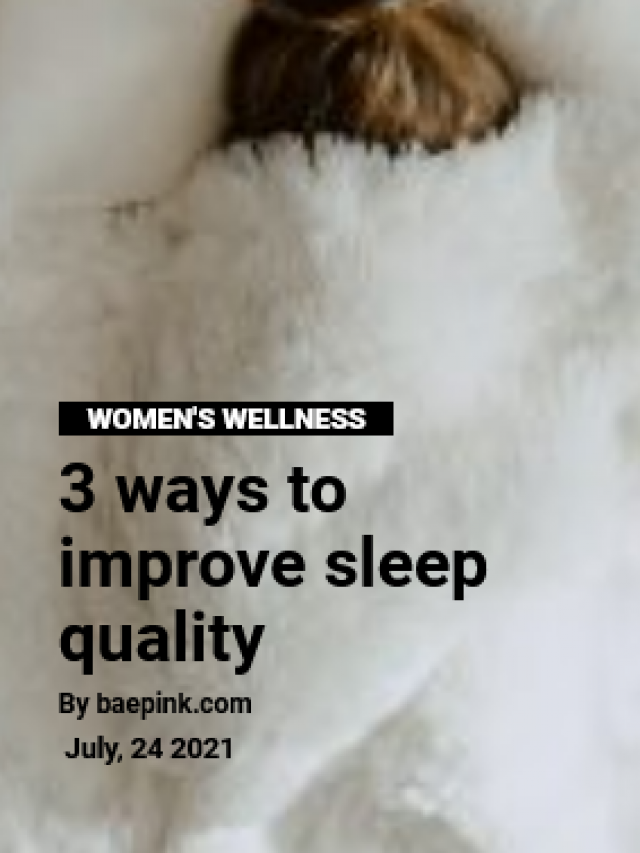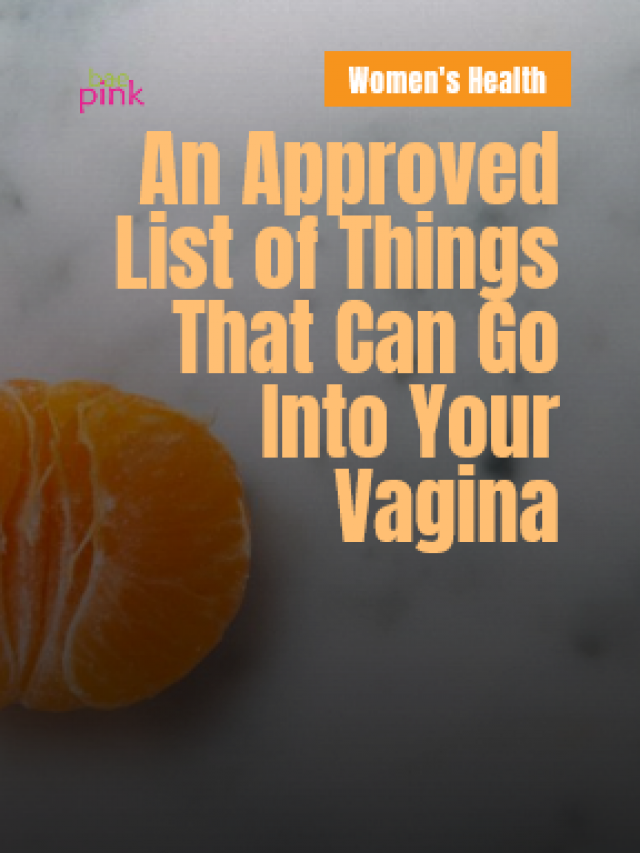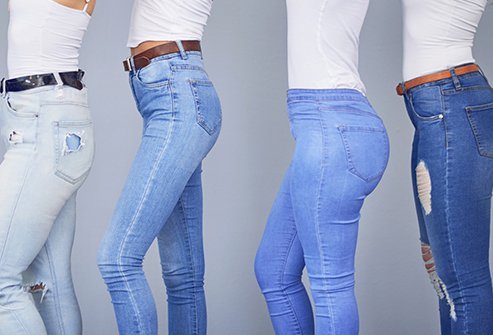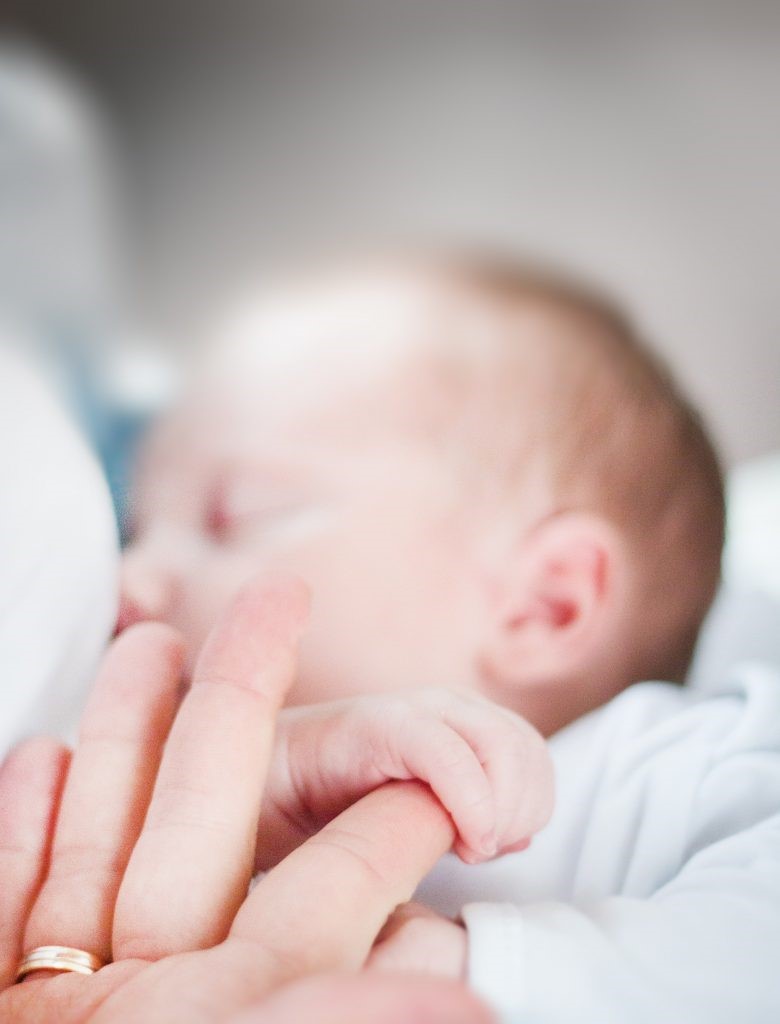If you’re thinking that using fancy deodorants is the key to influence male behavior, you’re wrong. This is all about your natural body odor, without any added perfume or fragrance.
For those of you who are unaware, a normal menstrual cycle lasts for about 28 days. Ovulation begins in the middle of this cycle, usually about 14 days after menstruation, and lasts until the beginning of the next menstruation.
Hormonal fluctuations
It is a known fact that women’s hormonal fluctuations across the ovulatory cycle impact women’s cognition, emotions, and behaviors. The fertile window is characterized by an increase in estradiol and low progesterone. After ovulation, estradiol levels fall rapidly and progesterone rises.
Some research results suggest that changes in women’s hormonal status contribute to changes in women’s general sexual desire, but do not influence women’s desire for uncommitted sexual relationships.
But there is not much evidence on how a women’s monthly hormonal cycle influences male partners’ behavior towards her.
Odor of attractiveness
A growing body of evidence suggests that men may perceive women’s bodily odor to be more attractive during the high-fertility ovulatory phase than during other phases in the menstrual cycle.
The odor of specific body parts of women modulates unconscious physiological reactions in men.
The odor emitted from the backs of women in the ovulatory phase increased testosterone secretion in men. The odor emitted from the chest reduced cortisol secretion in men.

One more study throws light on the intriguing question of whether women’s cycling hormones influence men’s attraction and sexual approach behavior. Multilevel modeling revealed that when high- and low-fertility scent samples were easier to discriminate from each other, high-fertility scent samples received even more favorable ratings compared with low-fertility scent samples. Fertility cues present in women’s natural body scents may bring out male mating behavior.
The role of hormones on changes in romantic dynamics has found that estradiol is associated with increases – and progesterone is associated with decreases – in sexual desire.
Wait, there’s more to it.
A study found that both men and women reported the voice of a woman who was ovulating as sounding more attractive than the voice of a woman who was not ovulating. Some researchers found that while a woman is ovulating, she is more likely to wear revealing clothes than when she is not ovulating. When asked to sketch what they would wear to a social event, the clothing became even more revealing.
In another study, when asked to identify a face as either male or female, women made fewer errors identifying male faces that were rated as highly masculine, but only during ovulation. Another study suggests, ovulating women tend to overvalue physical attractiveness, muscularity, and being socially respected in short-term partners, but did not value these characteristics any more or less in long-term partners.
In summary, there is more to the odor than what meets the nose.






